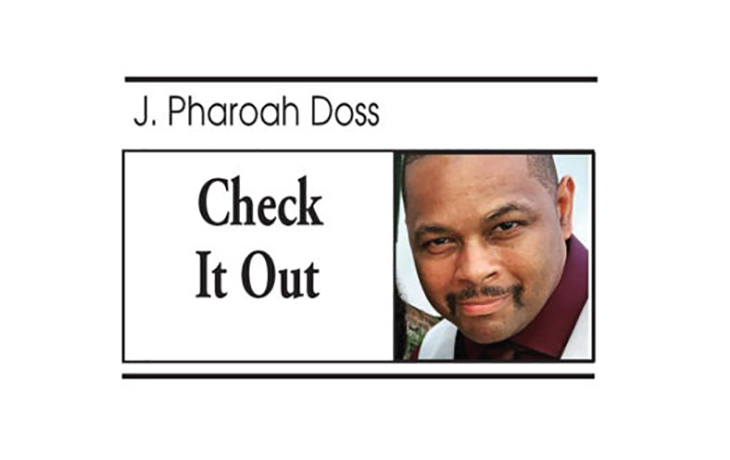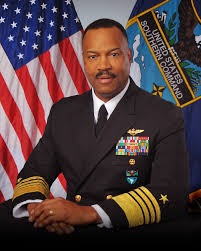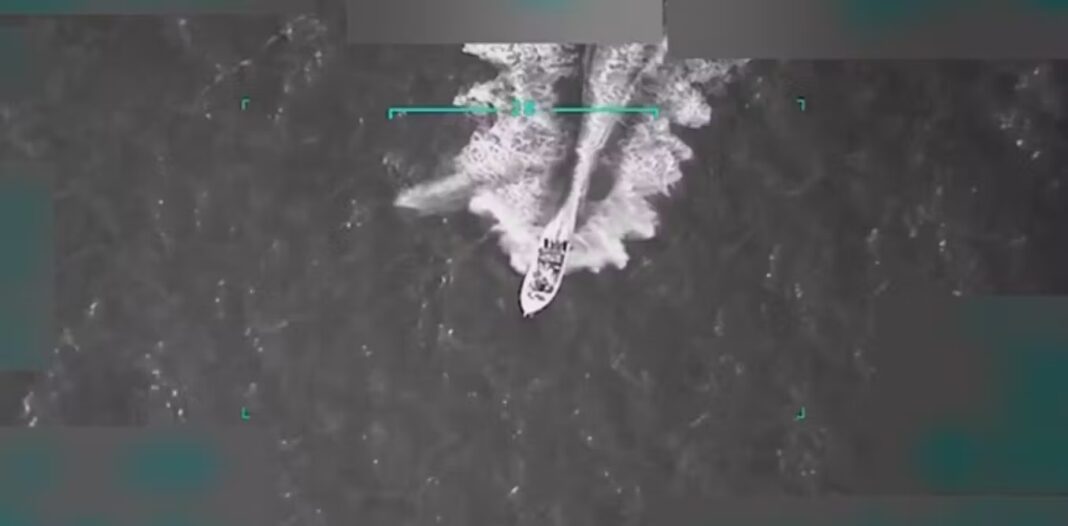The moment before an alleged drug boat was hit in a targeted U.S. strike. @realDonaldTrump/Truth Social
On the first day of his second term, President Donald Trump issued more than two dozen executive orders. One designated eight Latin American cartels as foreign terrorist organizations. This action was unusual because cartels are not terrorist organizations.
Cartels are criminal organizations that operate purely for monetary benefit.
Terrorist groups use violence for political purposes. Designating cartels as “terror organizations” does not automatically turn them into Al-Qaeda, but it allows the president to use military force against them rather than federal law enforcement.
Fred Kahn, the founder of FinCrime Central, feels the executive order simply acknowledged a decade-old reality. According to Kahn, the persistent relationship between cartels and terror groups like Hezbollah, Hamas, FARC, and ISIS demonstrates that they are far more than just criminal enterprises.

Kahn noted that “Terrorist organizations have relied on drug trafficking and cartel-controlled financial networks to fund their activities. Drug cartels, in turn, have used these partnerships to strengthen their operations, gain access to advanced weaponry, and evade law enforcement. With cartels now designated as terrorist organizations … financial institutions, law enforcement agencies, and intelligence networks [can] adapt by adopting counterterrorism strategies to combat drug cartel operations.”
On the other hand, Rachel Levinson-Waldman, director of the Brennan Center’s Liberty and National Security Program, suggested that while some cartels continue to play an important role in drug trafficking, others have diversified to include or even focus almost entirely on migrant smuggling, and it remains to be seen whether the identified cartels’ activities meet the legal definition of terrorism.
She argued that treating cartels as terrorists is unnecessary to handle the threat they pose and that it may harm many people who have no connections to drug trafficking or terrorism.
Levinson-Waldman had a larger concern about classifying cartels as terrorist organizations. She claimed that this classification provided “rhetorical justification for supercharging” militarization. She said that Trump’s executive order authorized the secretary of Homeland Security and the attorney general to prepare to enforce the Alien Enemies Act of 1798.
According to Levinson-Waldman, “The Alien Enemies Act would not give the president stronger tools to address drug trafficking either; leaving aside the dubious constitutionality of that law, which permits the detention and deportation of non-U.S. citizens based solely on their ancestry, with nothing approaching due process, it is not linked in any way to terrorist activity. The law becomes available only during a declared war or an invasion perpetrated by a foreign government or nation, not by a foreign terrorist organization.”
Neither Trump’s supporters nor his critics knew to what extent the executive order would be carried out—until September 2, when Trump announced the U.S.’s first military attack on a “drug-carrying boat,” killing 11 people.
The military attacks on “drug-carrying boats” continued, and at the end of October, NPR reported that the “Trump administration has yet to provide public evidence to support its assertions that the individuals on the boats were cartel members and that the vessels were transporting drugs, raising concerns about the legality of the strikes.”

Also in October, Admiral Alvin Holsey, director of US Southern Command, met with US Secretary of Defense Pete Hegseth to discuss his concerns. Holsey oversaw the first military strike on the suspected drug boat in September but questioned the legitimacy of the military strikes, which targeted suspected drug boats without prior notice or interdiction.
Holsey resigned.
As of November, 15 military strikes on vessels suspected of trafficking drugs have killed more than 60 persons.
According to international law experts, the United States has used an “unprecedented amount of military hardware” to confront suspected drug traffickers and called the military strikes overkill.
Trump’s executive order clearly blurred legal lines, but did it cross them?
Sen. Rand Paul (R-Ky) called the U.S. military strikes on alleged drug boats illegal. He said, “We can’t just kill indiscriminately because we are not at war … The bottom line is that execution without due process is not justice, and blowing up foreign ships is a recipe for chaos.”
To clear up any misconception, John Spencer, chair of war studies at the Madison Policy Forum, stated that for decades, the United States has treated the drug war as if it were solely a law enforcement issue. It never was. It always has national security ramifications. Drugs now kill more Americans per year than all modern wars combined. Despite billions spent on interdiction, prevention, and policing, drug overdoses still killed over 100,000 people in 2023. Such an incident is not a criminal nuisance. America has the right to strike the cartels responsible for American deaths at home, just as it has the right to strike al Qaeda and ISIS overseas.
Really?
This is the same John Spencer who claimed no genocide took place in Gaza during the recent Hamas/Israel war. He explained the high number of civilian deaths in Gaza (over 68,000) caused by Israel’s bombing campaign did not equate to genocide because there was no proof of Israel’s genocidal intent. Without that proof, the tragic events in Gaza failed to meet the legal definition of genocide.
In Gaza, the legal definition of genocide was the determining factor rather than the high rate of collateral damage; however, for drug cartels, it is the high rate of collateral damage—specifically drug overdoses—that determines whether they meet the legal definition of terror organizations.
If Spencer was accurate on the former, he can’t be correct on the latter, which means President Trump’s war on drug boats has crossed a legal line.


